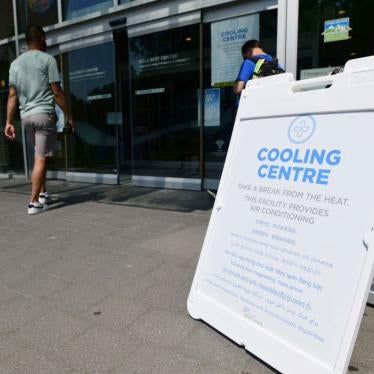Ageism – the stereotyping, prejudice, and/or discrimination of individuals or groups based on their age – is all around us. One just has to look at a rack of birthday cards for images ridiculing older people or the rows of “anti-ageing” creams on the shelves of your local pharmacy.
Harmless, one may think, but it doesn’t stop there. In a new report on ageism and age discrimination, the UN Independent Expert on the rights of older people, Claudia Mahler, says that ageism is so pervasive that discrimination, marginalization, and exclusion of older people is the norm. The report follows a March 2021 WHO report that stated that one in two people globally have ageist attitudes about older people.
Ageism is deeply embedded within individuals, organizations, and practices, and informs national, regional, and international laws and policies, the Independent Expert reports. Ageism aggravates the impact of climate change on older people, poorly designed emergency responses can discriminate against older people, and the sexual and reproductive health of older women may be disregarded.
Human Rights Watch has documented how older people are struggling to access emergency services during extreme weather events linked to climate change, despite a rising death toll of older people from heat. Older people face greater risks of being caught in fighting during conflicts and humanitarian responses fail to ensure that older refugees have access to the medication they need. We have provided evidence that older Black women in the United States are dying of cervical cancer at exceptionally high rates where upper age limits in cancer screening guidance compound other types of discrimination, like those based on gender, race, and economic or insurance status.
The Covid-19 pandemic has exposed deeply ingrained ageism, and underscored that failing to protect the rights of older people has serious consequences. The Independent Expert recommends that states ensure that protection from age discrimination receives the same standard of scrutiny as other forms of discrimination.
Only under such scrutiny, ageism and age discrimination may stop being the norm.









